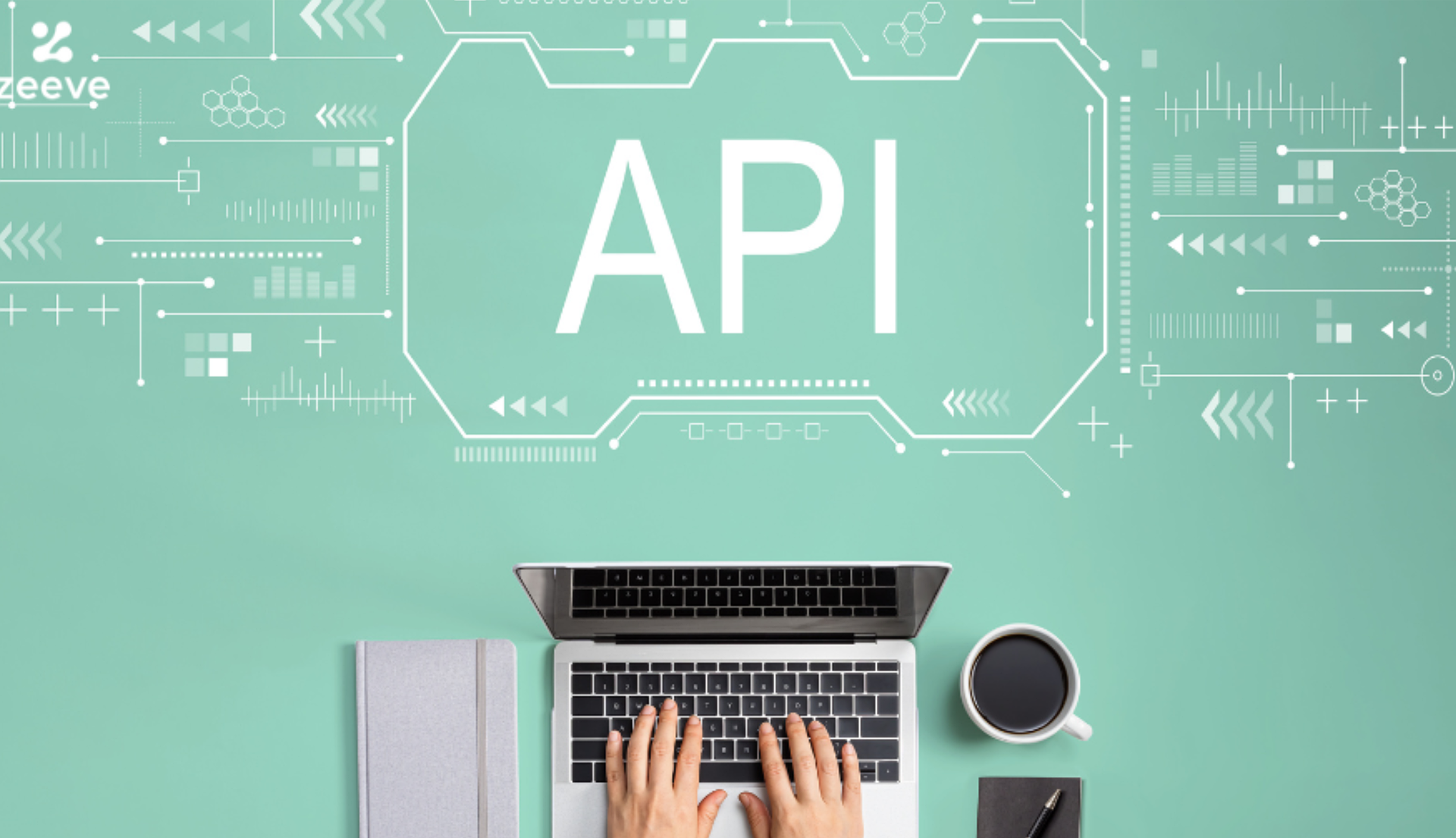In the rapidly evolving digital landscape, the techniques used for data extraction are pivotal in unlocking the vast potential of the internet.
Web scraping and API usage emerge as the two predominant methods in this arena, each offering distinct advantages and posing unique challenges. Web scraping provides an unstructured approach to data acquisition, often enabling access to data that is not readily available through APIs. In contrast, API usage offers a structured and often more reliable means of data extraction, albeit with its own limitations and dependencies.
Navigating the intricacies of these methods is crucial for anyone looking to leverage the power of data in today’s interconnected world.
This blog aims to dissect these complexities, offering a balanced perspective to guide you in choosing the most suitable method for your data extraction needs.
Advantages of Web Scraping
n the realm of data extraction, web scraping stands out for its unique set of benefits, making it a go-to choice for many data-driven projects. Here are some key advantages:
-
Unparalleled Data Access: Web scraping excels in its ability to access and extract data from websites that do not provide APIs. This makes it an invaluable tool for gathering information from a wide range of sources, including those that may not have structured their data for easy access.
-
Customizability and Flexibility: Unlike APIs, which offer data in a predefined format, web scraping allows for custom extraction. This means you can tailor your scraping scripts to extract specific data points, enabling a more targeted approach to data collection.
-
Cost-Effectiveness: For many websites, especially those without an API, web scraping can be a more affordable solution. It eliminates the need for paid API subscriptions, reducing the overhead costs associated with data collection.
Web scraping, with its ability to navigate and extract from a vast web landscape, offers a potent tool in the arsenal of data collectors. It's particularly advantageous for projects requiring access to diverse data sources or those operating on a tight budget.
Disadvantages of Web Scraping
While web scraping is a powerful tool for data extraction, it's not without its drawbacks. Understanding these limitations is key to assessing when and how to use web scraping effectively. Here are some notable disadvantages:
- Legal and Ethical Considerations: One of the most significant challenges of web scraping is navigating the legal landscape. Many websites have terms of service that restrict or prohibit scraping, and there can be ethical concerns around data privacy and usage. It's crucial to be aware of and comply with legal guidelines to avoid potential lawsuits or reputational damage.
- Reliability and Maintenance Issues: Web scraping can be prone to breakages when websites update their structure or design. This necessitates regular maintenance of scraping scripts to ensure consistent data collection, which can be both time-consuming and resource-intensive.
- Risk of Being Blocked: Websites may employ anti-scraping measures like CAPTCHAs or IP blocking. Frequent scraping requests from the same IP can trigger these defenses, leading to the scraper being blocked and disrupting data collection.
Web scraping, though versatile and powerful, requires careful consideration of these factors to ensure it's the right tool for your data extraction needs.
Advantages of API Usage
APIs (Application Programming Interfaces) provide a more structured approach to data extraction, often making them a preferred choice for many applications. Here are the key advantages of using APIs:
-
Stable and Reliable Data Access: APIs are designed to offer consistent and reliable access to data. They provide a direct line to a server's data, ensuring that the extracted information is accurate and up-to-date. This stability is crucial for applications that rely on real-time data.
-
Ease of Integration and Use: APIs are typically designed with ease of use in mind. They often come with detailed documentation and support, making it simpler to integrate them into various applications. This ease of integration saves significant time and effort in development.
-
Efficient and Scalable: APIs are built to handle requests efficiently, making them ideal for dealing with large volumes of data. They are also scalable, allowing for an increase in data requests without a significant drop in performance.
API usage offers a methodical and efficient way of data extraction, making it an optimal choice for applications requiring stable, scalable, and structured data access.
Disadvantages of API Usage
While APIs offer a structured and efficient means for data extraction, they come with their own set of limitations. Understanding these drawbacks is essential for a well-rounded perspective on data collection methods. Here are some notable disadvantages of using APIs:
-
Cost Implications: Many APIs, especially those offering comprehensive data sets or advanced features, come with a cost. This can range from subscription fees to pay-per-use charges, potentially making them less viable for projects with limited budgets.
-
Rate Limiting and Quotas: Most APIs impose rate limits and data quotas, restricting the amount of data you can retrieve within a certain time frame. This can be a significant limitation for projects requiring large-scale data extraction or real-time data access.
-
Dependence on Third Parties: Using an API means relying on an external provider for data access. This dependency can pose risks, such as sudden API deprecation, changes in terms of service, or even complete shutdown of the service.
Conclusion
While web scraping offers flexibility and cost-effectiveness, it poses legal and technical challenges. On the other hand, APIs provide stable and structured data access but can be limited by costs and third-party dependencies. The choice between web scraping and API usage hinges on your specific data needs and project constraints.
For those seeking expert web scraping services without the complexity, DataHen is an ideal partner. Their professional solutions streamline the data extraction process, enabling you to fully leverage the power of web data.
